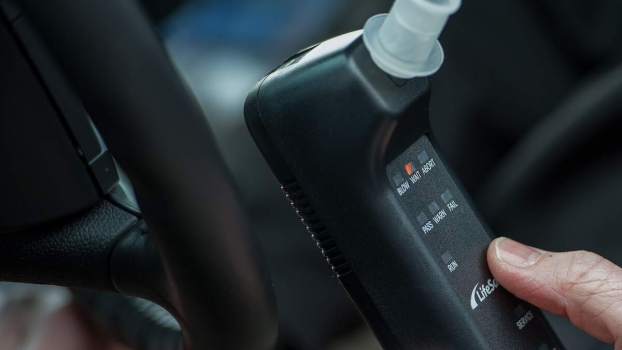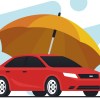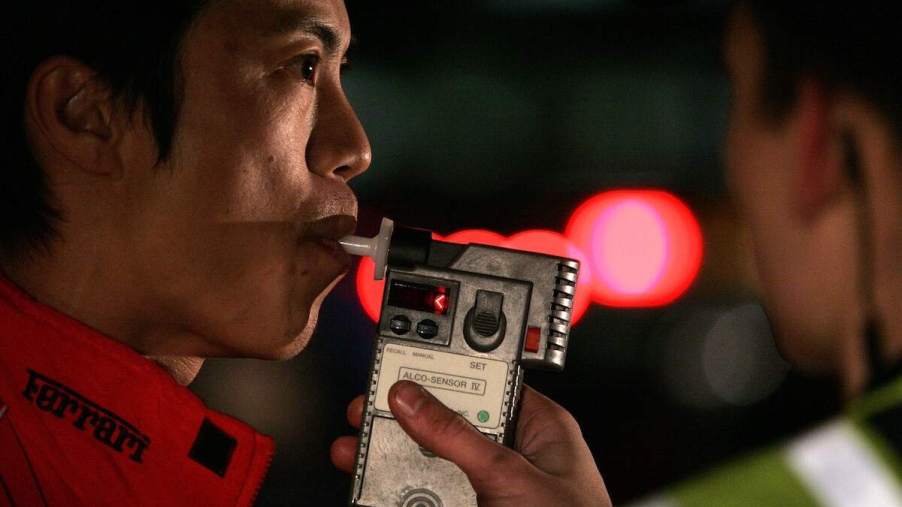
Is It Really a Good Idea to Refuse a Field Sobriety Test?
If you’re pulled over for erratic driving, the officer will likely ask you to take a field sobriety test. It typically consists of three evaluations to help determine a driver’s level of sobriety or intoxication. You might have heard lawyers say you should refuse a field sobriety test if you think you were driving drunk. However, is that really good advice? Find out the answer and other details about field sobriety tests.
What are the 3 most common field sobriety tests?
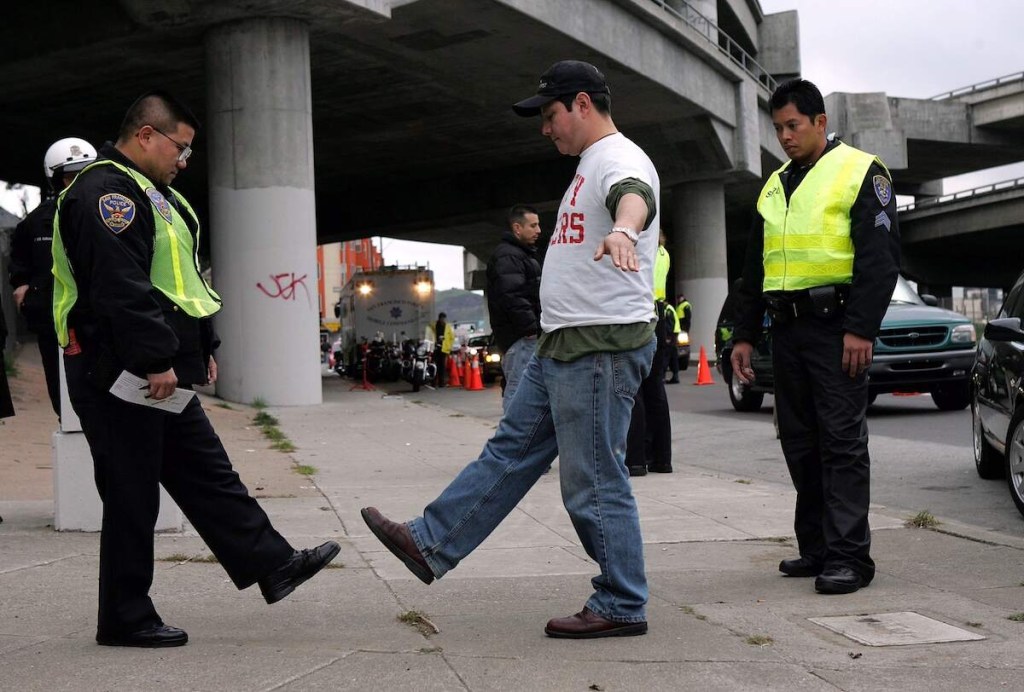
You might’ve heard about or even seen field sobriety tests, which determine whether a driver can operate a motor vehicle safely and legally. The evaluation generally includes three parts:
- Horizontal gaze — evaluates how well eyes can follow an object
- Walk-and-turn — tests balance by walking in a straight line, turning, and walking again
- One-leg stand — a secondary balance test
Failing any portion could lead to a breathalyzer test.
Can you refuse to take a field sobriety test?
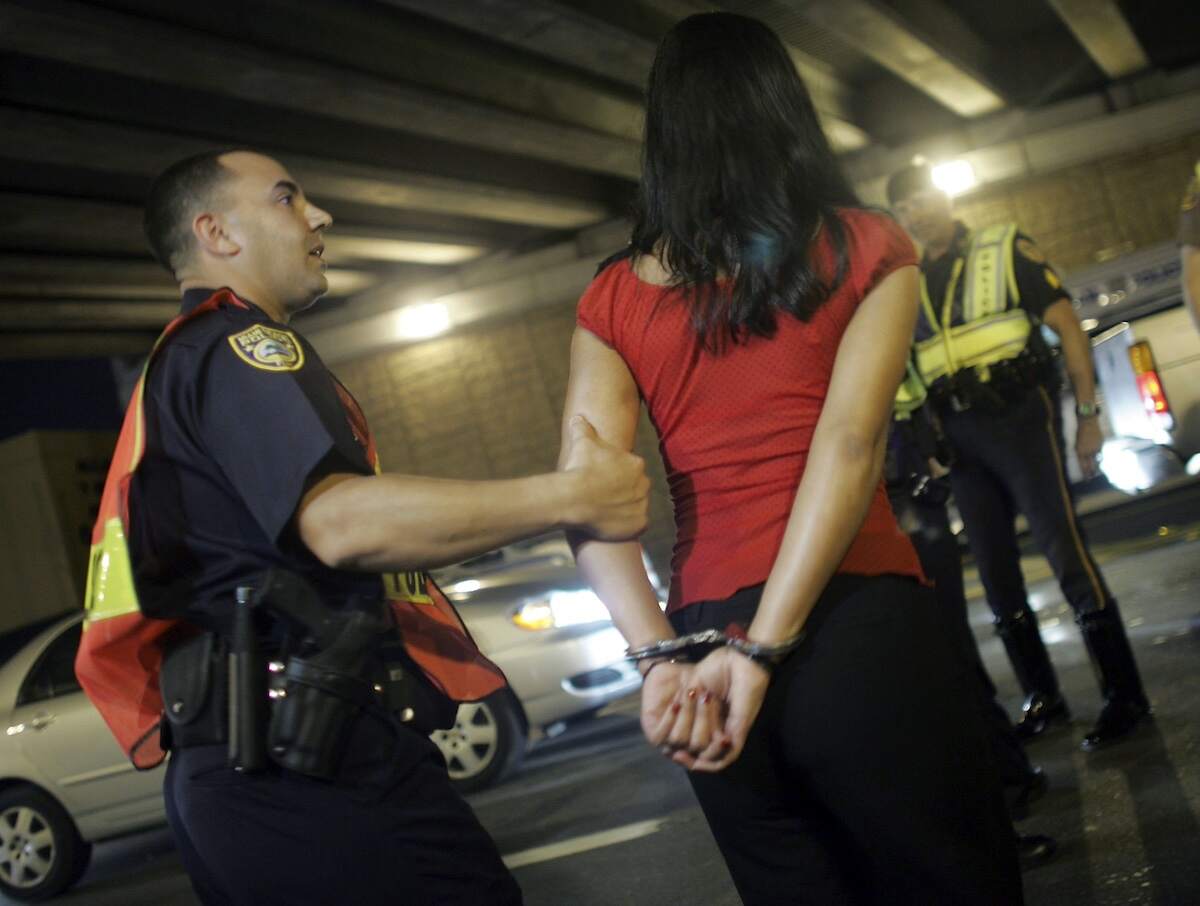
Some defense lawyers recommend declining these evaluations if you think you might be over the legal limit. However, some states impose penalties for refusing to take a field sobriety test. The results are admissible in court. Because these tests aren’t infallible and can be failed by sober drivers and motorists driving under the influence, they can make a defense attorney’s job more challenging and put you in a precarious position.
Are you allowed to refuse a breathalyzer test?
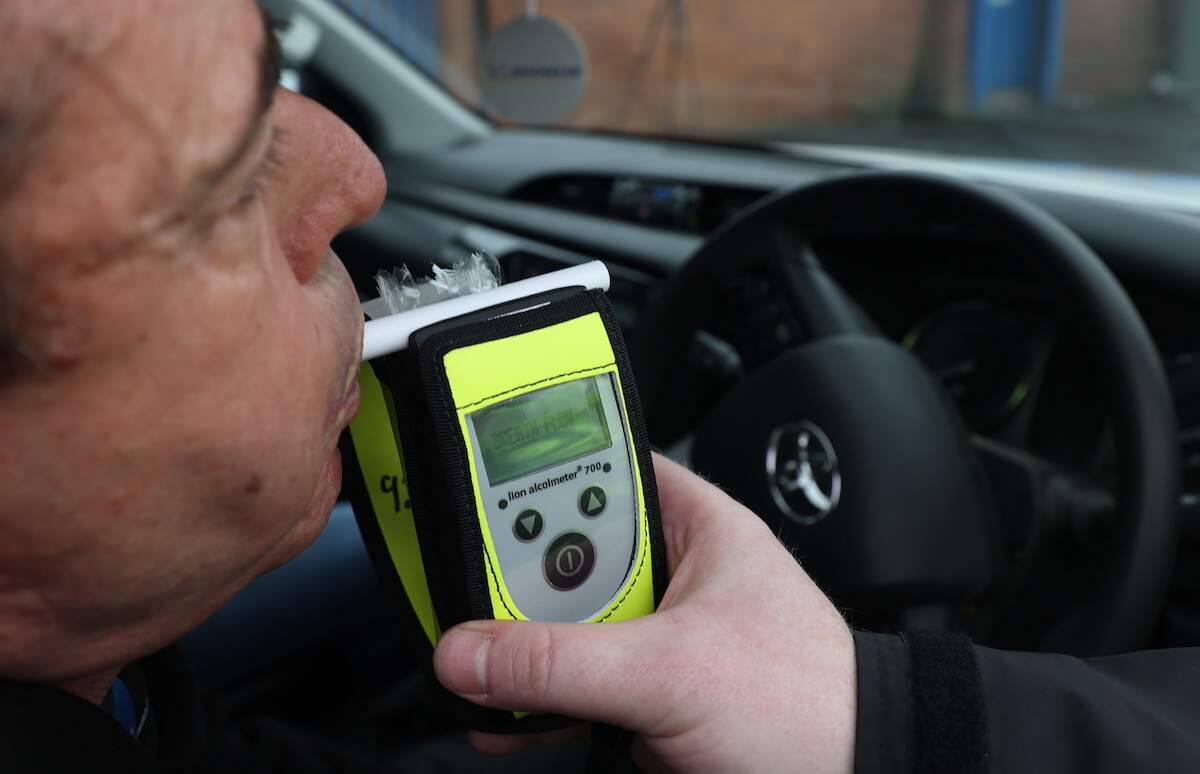
There are significant differences between a field sobriety test and a breathalyzer test. According to Find Law, refusing to take a breathalyzer test could immediately impact your life. Breathalyzers, also known as breath alcohol tests, measure blood alcohol concentration (BAC). Refusing to take this test could lead to immediate arrest. Your license could be revoked, too. However, laws vary by state.
Can you fail a field sobriety test while sober?
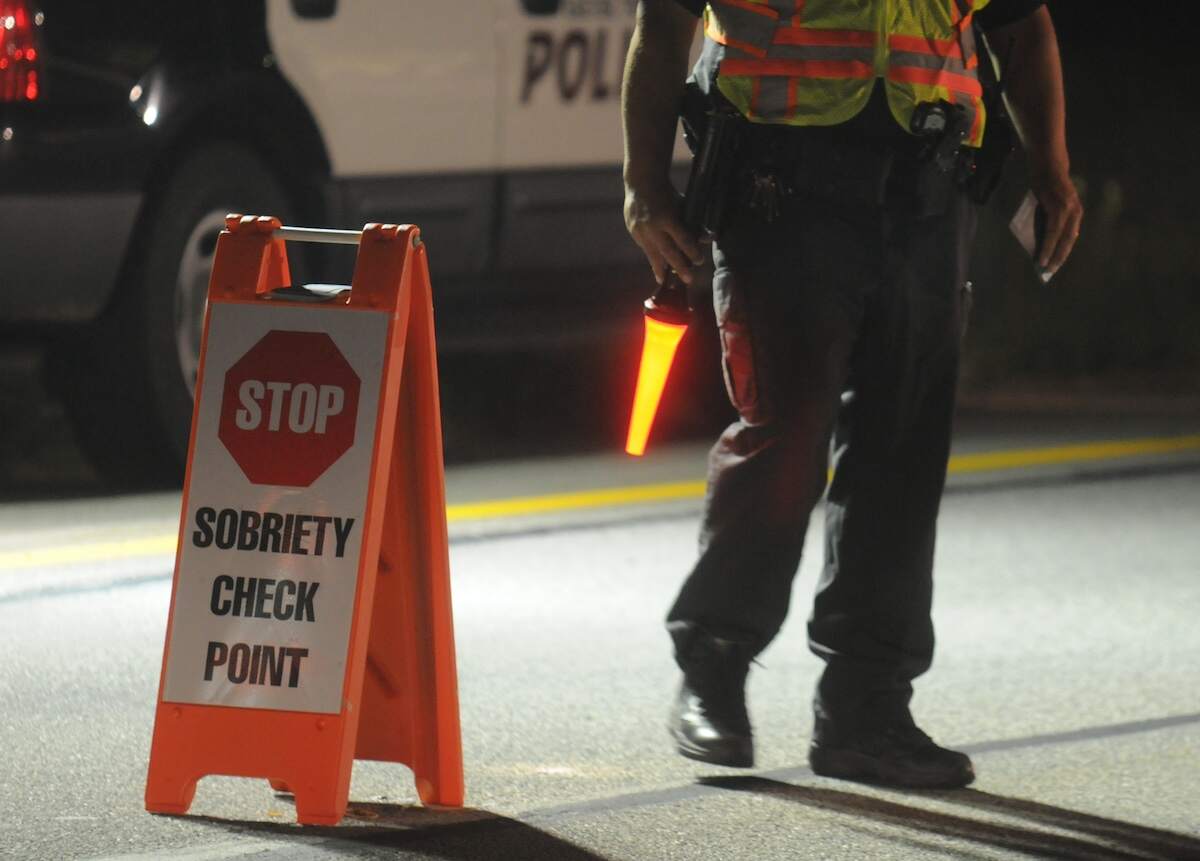
Yes, you could fail a sobriety test while sober. Although these evaluations are good indicators of a person’s intoxication level, they’re not foolproof. Some people have medical conditions or disabilities or take medication that could result in a failed sobriety test.
Typically, an officer will ask a driver if they have any condition or reason that might prevent them from passing the test before administering it. It’s essential to be forthcoming and mention any issues that could lead to your failing the test before you take it.
What happens if you fail a field sobriety or breathalyzer test?
Failing a field sobriety test often leads to a breathalyzer test. A driver failing the breath alcohol test typically leads to a DUI arrest. If convicted of DUI, you could face jail time, fines, penalties, license suspension, and other forms of punishment as determined by your state’s legal system.
Avoid driving drunk by knowing the signs of intoxication
Enjoying a few drinks is commonplace, but it’s critical to be aware of signs of intoxication to help ensure everyone’s safety. Nobody wants to lose a loved one because of a drunk driver or be the motorist who causes the death or injury of others.
Signs of intoxication include the following:
- Feelings of confusion
- Lethargy
- Impaired walking
- Becoming talkative
- Lack of inhibition
- Slurred speech or other speaking issues
- Vomiting
Alcohol doesn’t affect everyone the same way. You’ve probably heard terms like “funny drunk,” “mean drunk,” or “crazy drunk” to describe someone who’s had a few too many drinks. Help ensure everyone’s safety by choosing a designated driver or hiring an Uber or Lyft to take people home who’ve consumed too much alcohol.
